As I have not worked much with NAudio, I am not quite sure how to solve this problem:
- Is it possible to take a byte array and translate it into audio data and then output it through the default output interface (audio jack, speaker etc.)?
- Is it possible to store incoming audio signals as byte array/byte stream?
My final goal is to create some kind of data transmission using a audio cable.
The following crude graphic could somehow visualize you, what I want to create:
